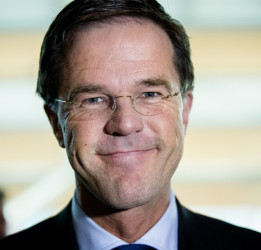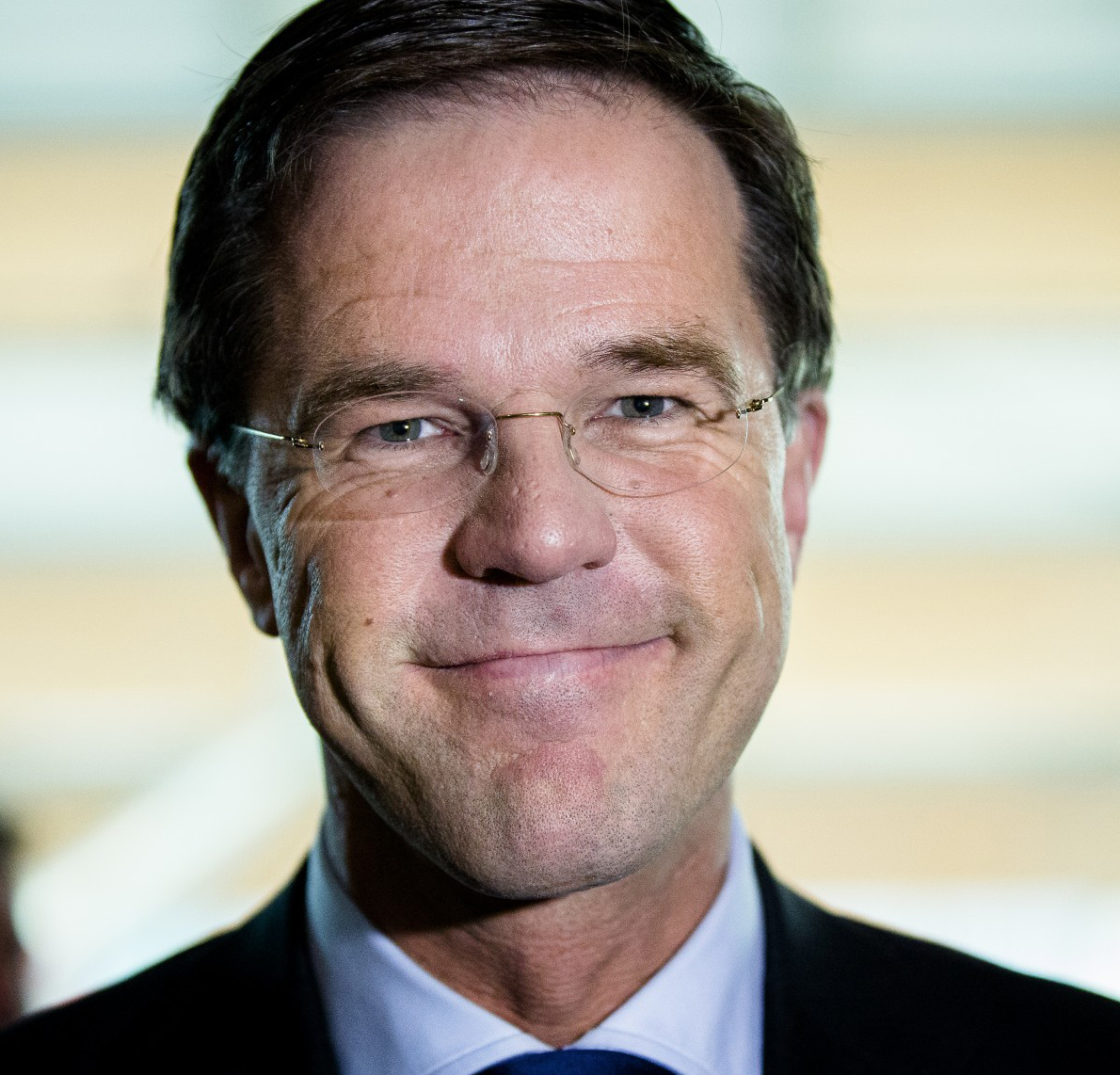AMSTERDAM, (Reuters) – A motion of censure against Dutch Prime Minister Mark Rutte over the handling of a 15-year-old deal with a convicted drug trafficker failed narrowly in parliament last night after almost the entire opposition backed it.

The political pressure came as Rutte’s coalition, hit by internal divisions, is polling near record lows and is preparing to take over the rotating presidency of the European Union.
The motion, submitted by the small Christian Union party, was not backed by the two ruling parties holding a majority of 76 seats in the 150-seat house but was supported by all but one opposition lawmaker. It failed to pass in a tight vote of 77 to 65.
Rutte, who described the debate as “the toughest during my 13 years in politics”, conceded that mistakes were made in 2000, when convicted cocaine trafficker Cees Helman received a tax-free government payment of 4.8 million guilders ($2.66 million) and had his sentence cut in half.
But Rutte rejected allegations of a cover-up of the secret agreement to protect members of his conservative People’s Party for Freedom and Democracy.
The so-called “Teeven deal,” named after then prosecutor Fred Teeven, has already forced three prominent members of Rutte’s ruling party to resign and opposition lawmakers have called on Rutte to also resign.
Details of the agreement, including its size, were kept from the public until they were leaked this year.
Yesterday Rutte heard questions from lawmakers about the findings of a special commission which concluded last week that the deal, brokered by then-prosecutor Fred Teeven, had violated protocols.
Rutte conceded he should have done more to unearth what had happened.
“I should have been more on the ball, to make sure that no stone was left unturned,” he told lawmakers. “I didn’t do that and because of that the matter dragged on longer than necessary.”
“It looks like this prime minister has been busier protecting the interests of his party members than protecting the rule of law,” opposition Socialist Party leader Emil Roemer said.
In March two members of Rutte’s shaky coalition government – Justice Minister Ivo Opstelten and his junior minister Teeven – acknowledged they had provided wrong information and quit.
Parliamentary speaker Anouchka van Miltenburg, also a member of Rutte’s party, stepped down on Saturday after it emerged that she had shredded an anonymous letter detailing the deal and did not inform the commission investigating it.
The commission concluded that the government’s handling of the case, once the existence of the deal had been leaked, “lacked good direction” and that with better oversight the resignations could have been avoided.
It said the information Helman had offered as part of the deal was not known, though prosecution officials have said it was important in other cases. In an interview with Dutch media, however, Helman denied having helped investigators.
Roughly 70 percent of Dutch voters believe Rutte misled parliament on the matter and 51 percent told pollster Maurice de Hond over the weekend he should resign.

